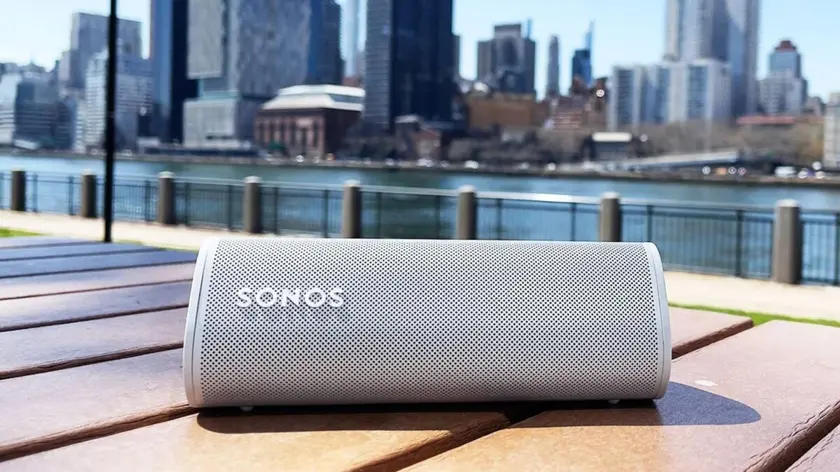T4K3.news
Mounjaro price hike affects private buyers
UK private buyers face a price doubling for Mounjaro, with NHS funding unaffected.
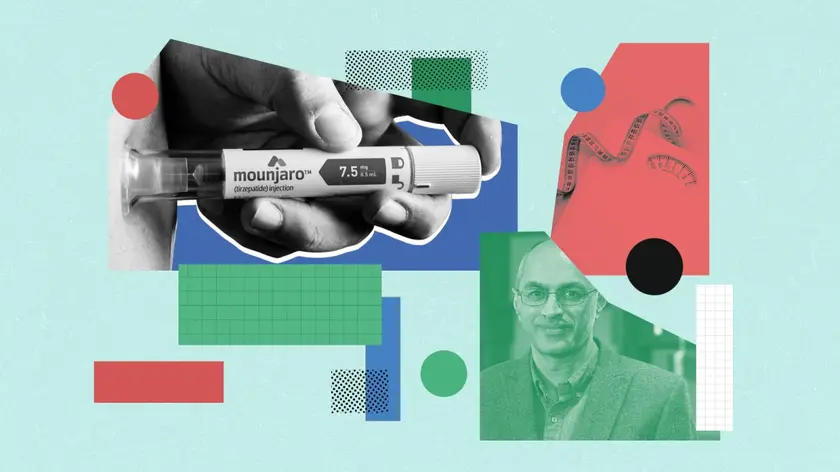
An obesity expert weighs public health risks as UK private buyers face a price doubling for the weight loss drug Mounjaro.
Mounjaro price hike tests private buyers
The UK private market for Mounjaro will see the 5 mg dose nearly double in price, from £92 to £180, and the 15 mg dose from £122 to £330, effective from September. The NHS is not directly affected, but about 1.5 million people who buy the drug privately could feel the change. The move mirrors a broader global debate on drug pricing, touched by US calls to lower prices and accusations that other countries free ride on American research costs.
Experts say if your treatment has gone well on Mounjaro, you should try to stay on it, though many private prescribers may look to lower doses to cut costs. Switching to Wegovy is a possible option, but it is generally less potent and may yield similar or lesser weight loss. A five-week washout is usually required when changing drugs. Mounjaro offers health benefits beyond weight loss, including improvements in blood pressure, blood sugar, liver fat and reduced risk of several obesity-related conditions, though side effects can occur in the early weeks as the body adjusts.
Key Takeaways
"The worst thing is that the new prices make access to the drug even more difficult for the poorest people in society."
Sattar on affordability and equity.
"We want the drugs to be cheaper, not more expensive."
Sattar on affordability goals.
"Switching between weight-loss drugs isn’t entirely seamless."
Medical guidance on drug switching.
"The most likely reaction from patients will be to lower their dose to pay a smaller price."
Expected patient behavior.
This price rise is less about medicine and more about policy. It tests whether high-cost, high-value therapies remain accessible when political pressure and national budgets collide. The effect on health equity could be stark: the poorest private buyers face higher barriers just as demand for effective obesity treatments rises. The article highlights a familiar tension between technological progress and affordability, a challenge for policymakers who must weigh innovation against real-world access.
Naveed Sattar notes the human cost and calls for cheaper prices, but he also stresses that affordability must align with medical progress. The episode underscores the need for smarter pricing strategies, clearer guidance for switching therapies, and stronger safety nets for those who benefit most but are least able to pay. The broader question is whether the health system can keep pace with breakthroughs that promise big public health gains.
Highlights
- Prices that follow politics hurt the people who need it most
- We want the drugs to be cheaper not more expensive
- This is a public health experiment with real lives at stake
- Affordability must catch up with medical progress
Political and access risks tied to drug pricing
The price hike intersects health equity, private care access, and political pressure. It could provoke public backlash and affect private patients disproportionately while leaving NHS funding unchanged. Policymakers may face pressure to intervene in pricing.
The path forward will test whether affordability can keep pace with medical advance.
Enjoyed this? Let your friends know!
Related News

Mounjaro price hike hits private buyers
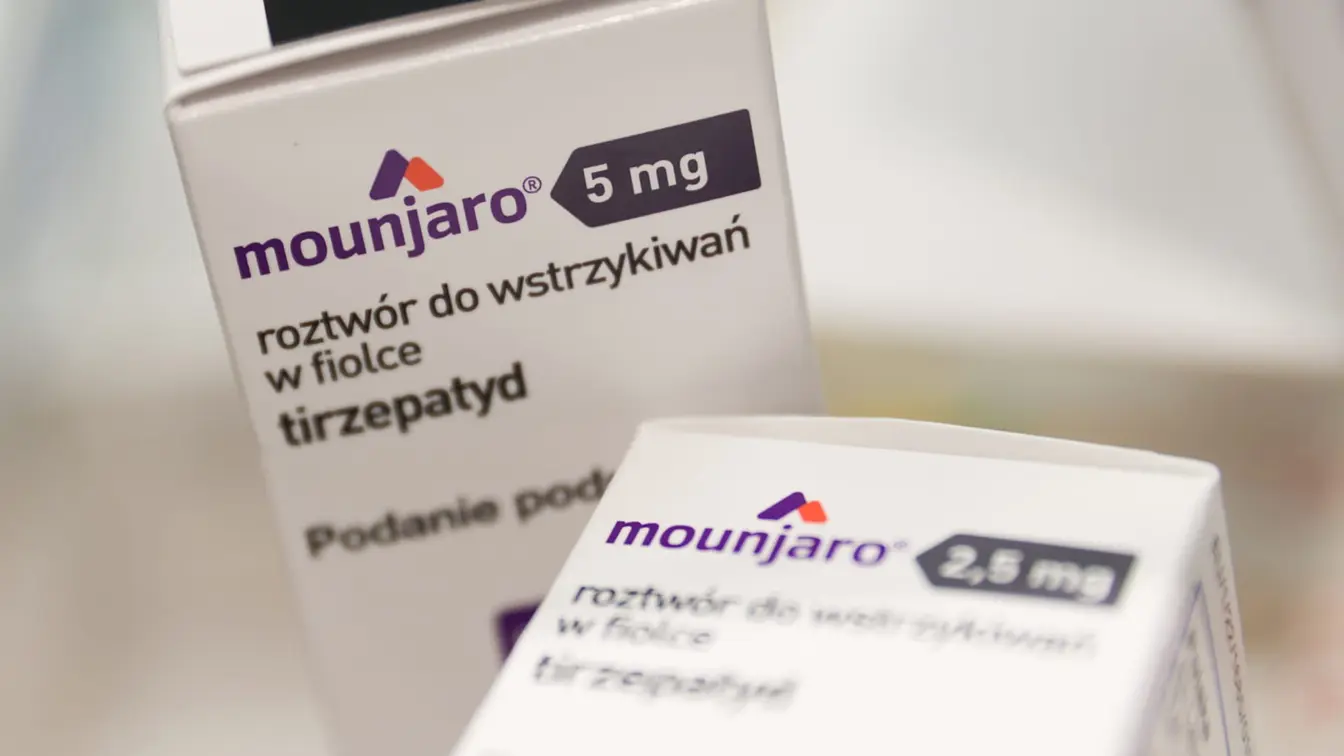
Mounjaro UK price increase announced
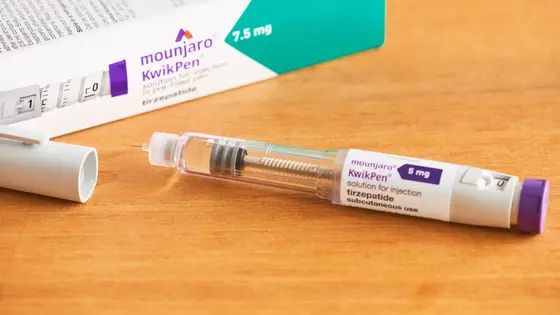
Lilly raises UK Mounjaro price amid US pressure

Dr Ellie Cannon health Q&A

Mansion in Bowdon sees £500,000 price reduction
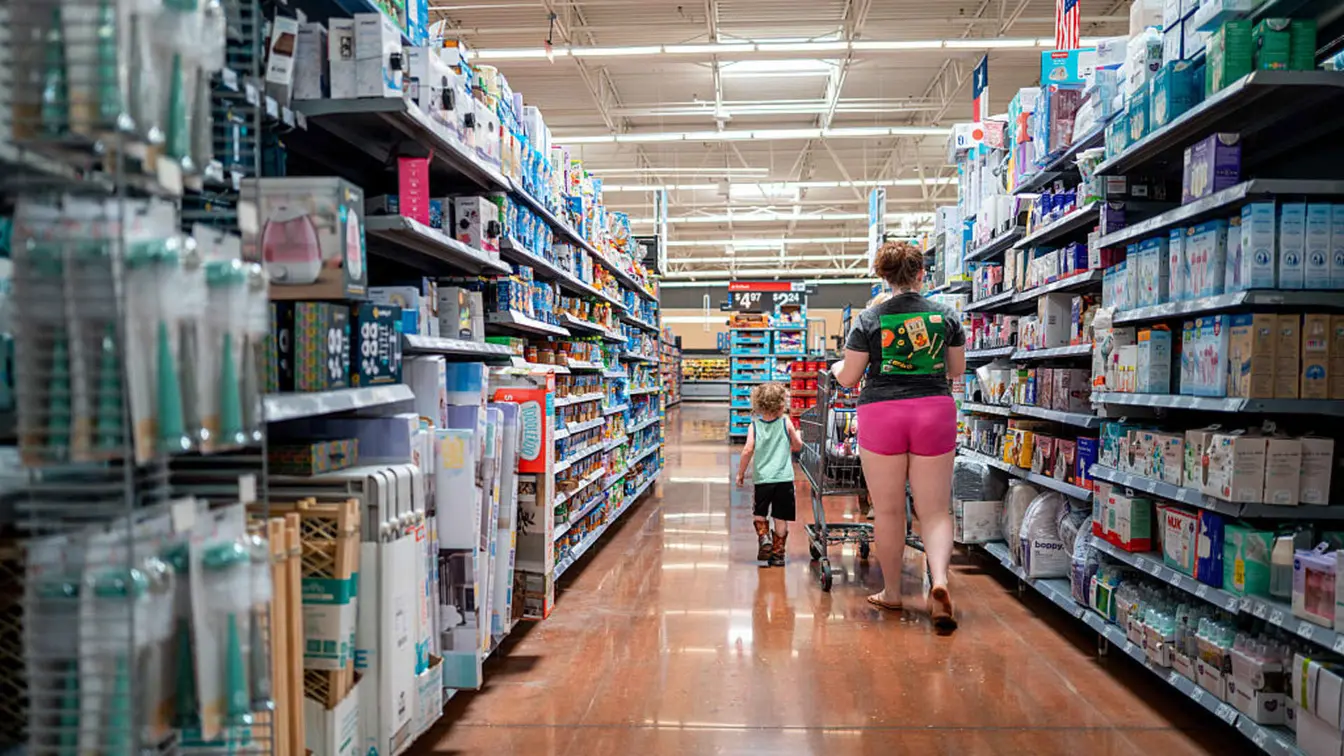
Walmart raises prices as tariffs take effect

Aviva profit rise and dividend hike
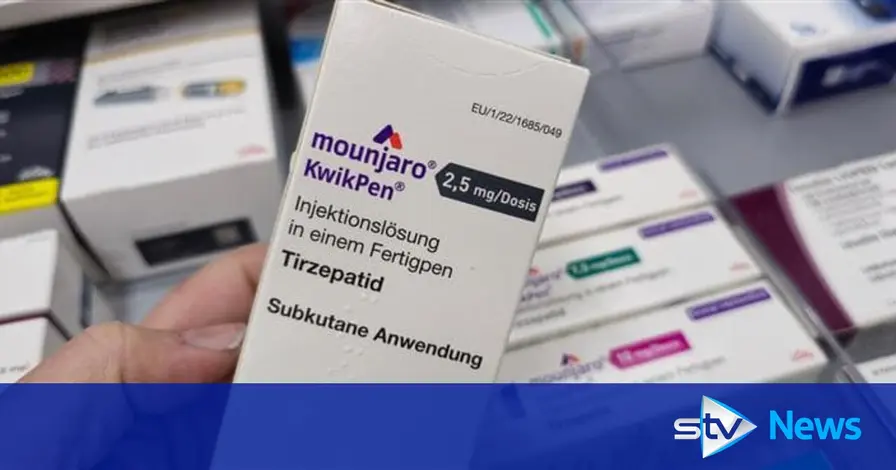
UK weight loss drug price surge tests access
